[snæks] Schools on Nuclear Astrophysics Questions
A virtual school format discussing questions related to nuclear astrophysics
Content
General information
Starting in 2021, when travel worldwide was restricted, a new event of SNAQs has been organized always on the 2nd Wednesday in each month with a break in summer. SNAQs lasted about 3.5 hours, including breaks, with lectures and scientific talks around a given question in nuclear astrophysics. Lectures have been held by senior researchers and scientific talks preferably by young researchers, as master and PhD students. Further, SNAQs have put a special focus on the interaction between participants to allow young scientists networking even if traveling to schools, workshops and conferences is not an option.
After travel to in-person conferences, meetings, schools, and workshops is most common again, the SNAQs organizing committee decided to reduce the number of SNAQs to four per year. This is also in favour of all those colleagues who are tired of long lasting and exhaousing online sessions in front of a monitor. The new format of SNAQs will last less than 90 minutes and comprises one or two talks around a given question in nuclear astrophysics. Still, SNAQs put a special focus on the multidisciplinary (astronomy, astrophysics, nuclear physics) audience of students and senior scientists.
SNAQs join the community of schools related to nuclear astrophysics that partner with ChETEC-INFRA:
- Carpathian Summer School of Physics (well established)
- European Summer School on Experimental Nuclear Astrophysics (well established)
- Intercontinental School on Nuclear Astrophysics (new)
- International school on nuclear physics, neutron physics and applications (well established)
- Nuclear Physics in Astrophysics School (new)
- Rußbach School on Nuclear Astrophysics (well established)
- School on observations and spectroscopic tools (new)
The aim of this community is to give all students and young researchers the same, multidisciplinary knowledge about nuclear astrophysics. SNAQs will support this idea and strengthen the community of schools by providing a frequent lecture series to train and educate the next generation of scientist with knowledge across the three types of infrastructures used by nuclear astrophysicists:
- Astronuclear laboratories supplying reaction data,
- Supercomputer facilities performing stellar structure and nucleosynthesis computations, and
- Telescopes and mass spectrometers collecting elemental and isotopic abundance data.
Editions
Accurate abundances of chemical elements in stars: why and how?
May 2022
Why is attracting high school students to nuclear astrophysics a win-win for everyone?
April 2022

How to model a star in your laptop?
February 2022
What is the link between radioactive nuclei and astrophysics?
January 2022
Does Nuclear Astrophysics probe fundamental physics?
December 2021
How to interpret stellar spectra?
November 2021
How to study stars from underground laboratories and deep-sea samples?
October 2021
What does nuclear physics do for astrophysics?
June 2021
How can we query nature to determine nuclear inputs in the cosmos?
May 2021
How to get from starlight to stellar abundances?
April 2021
How do neutron star mergers impact r elements in the universe?
March 2021
What do we need to know about nuclear astrophysics?
February 2021
What is the state of the art in CNO related nuclear astrophysics?
December 2022
Guidelines for participants
Please, …

- … rename yourself in the Zoom sessions to match your registration name and institution – this will serve as your “nametag”.
- … mute your microphone during talks.

- … use the public chat only for questions related to the lecture; for discussions, please use the private chat.
- … write your questions in the chat – due to the high number of participants, a moderator will read a selection of questions but can choose a limited number only.
- … use breakout rooms to talk and chat to each other in smaller groups. Breakout rooms will be available during coffee breaks and participants can choose rooms freely.

- … behave professionally and respectfully.
- … follow ethical standards as professional integrity and honesty
- .… foster a welcoming and inclusive work environment.
Organizing committee
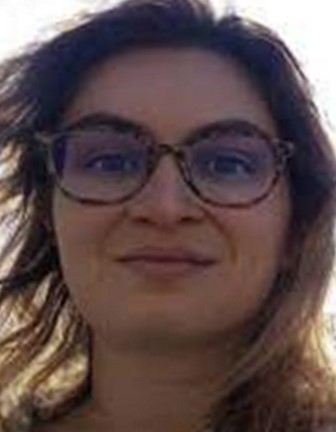
Rosanna Depalo, Università degli Studi di Milano, Italy
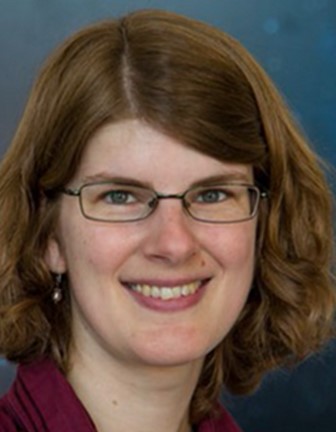
Camilla Juul Hansen, TU Darmstadt, Germany
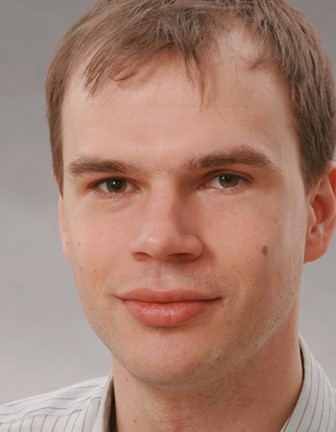
Marcel Heine, Hubert Curien Pluridisciplinary Institute, France
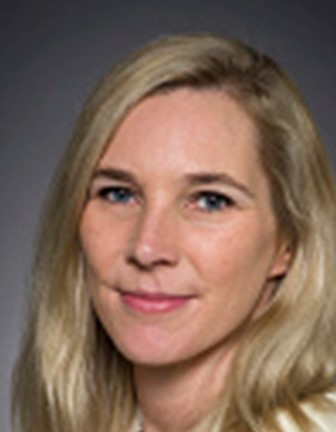
Ann-Cecilie Larsen, University of Oslo, Norway
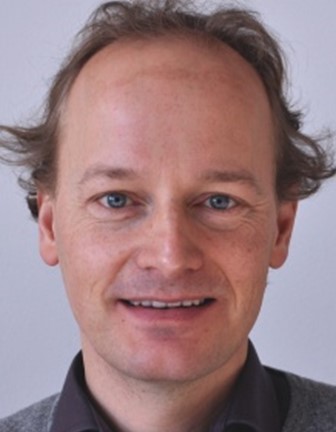
Andreas Korn, Uppsala University, Sweden
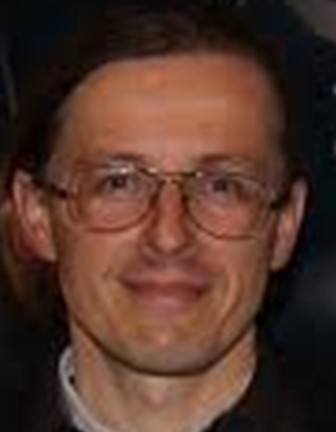
Arūnas Kučinskas, Vilnius University, Lithuania
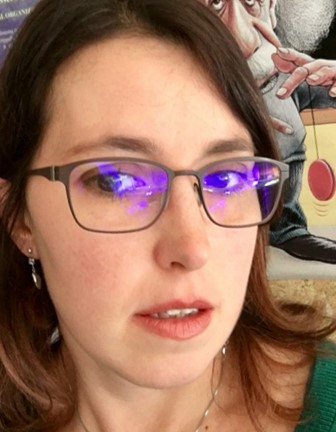
Sara Palmerini, University of Perugia, Italy
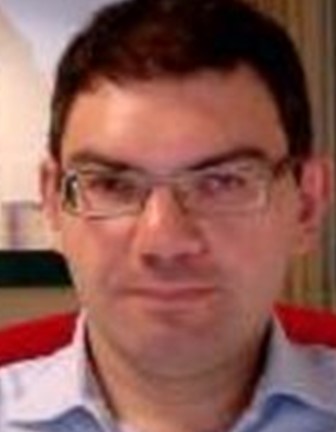
Gianluca Pizzone, Laboratori Nazionali del Sud, Italy
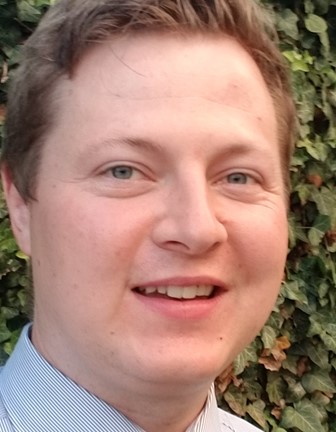
Konrad Schmidt (chair), Helmholtz-Zentrum Dresden-Rossendorf, Germany
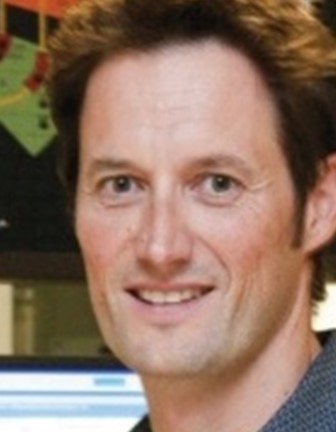
Olivier Sorlin, Grand Accélérateur National d’Ions Lourds, France
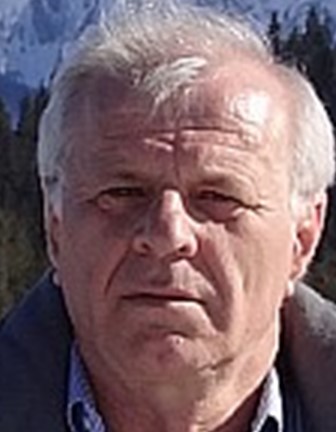
Livius Trache, Horia Hulubei National Institute for Physics & Nuclear Engineering, Romania
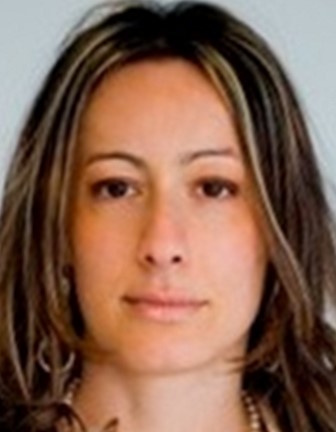
Aurora Tumino, Kore University of Enna, Italy
Former members of the organizing committee
- Mohamad Moukaddam (University of Strasbourg, France)
